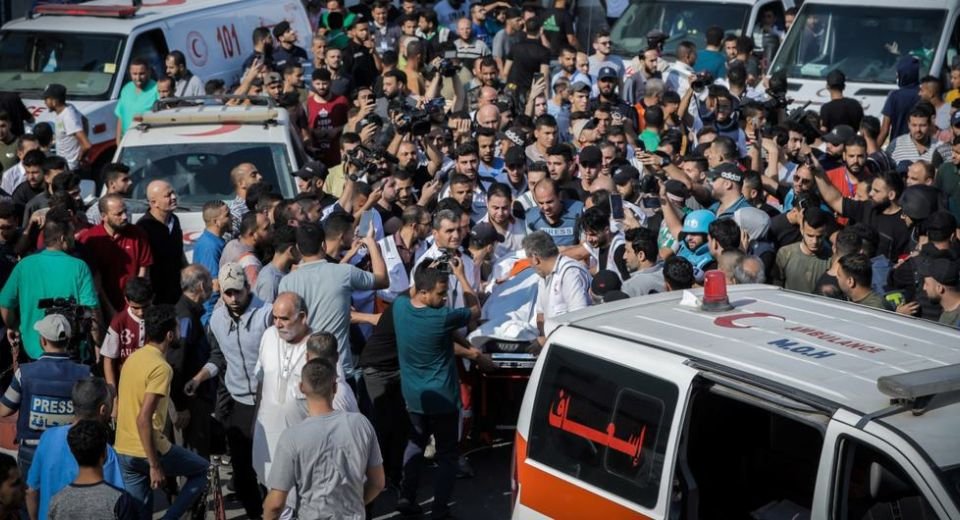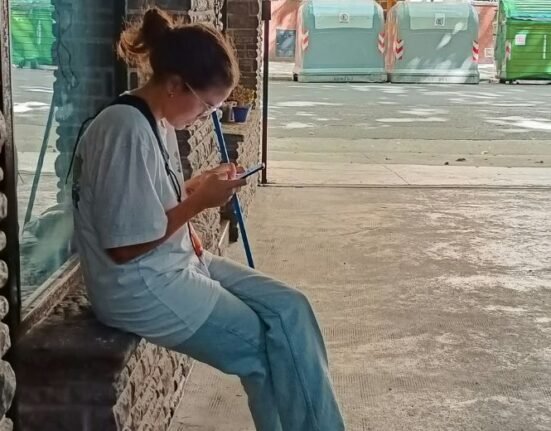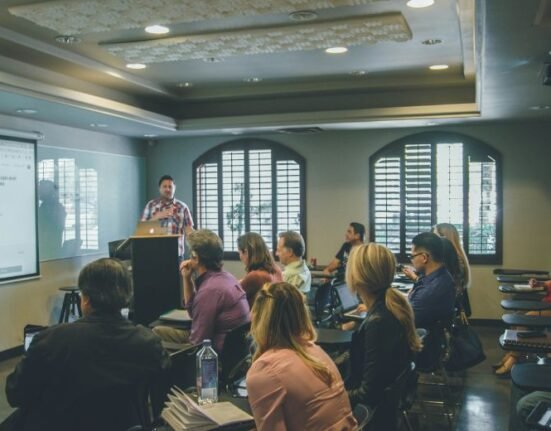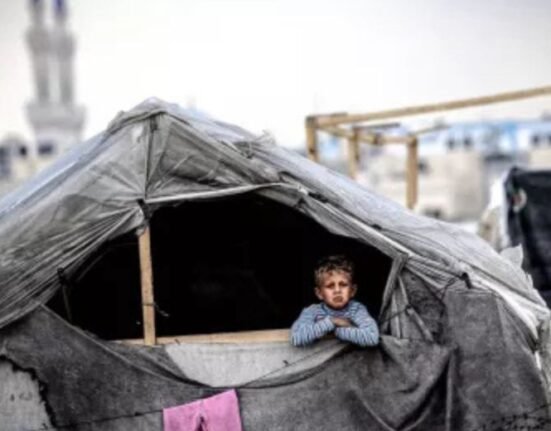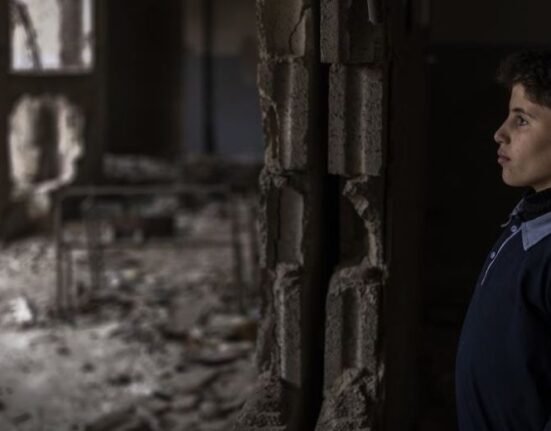HQ Team
October 13, 2023: Conflict-torn Gaza is running out of food, water, electricity and critical supplies as an Israeli blockade prevents aid from reaching 2.3 million residents of the sealed-off enclave, the UN stated.
About 220,000 displaced people are sheltered in schools run by the UN Agency for Palestine Refugees, according to a statement from the UN.
The Humanitarian Affairs Coordination Office (OCHA) reported that mass displacement has been continuing, increasing by 30% in the previous 24 hours, said UN Spokesperson Stéphane Dujarric, briefing reporters in New York.
More than 2,500 housing units have been destroyed or severely damaged and rendered uninhabitable, while nearly 23,000 others have sustained moderate to minor damage.
At least 88 education facilities have been struck, including 18 UNRWA schools, two of which were used as emergency shelters for displaced people.
School shelters
There are about 338,000 people, “of whom over two-thirds are taking shelter in schools run by UNRWA”, the UN Relief and Works Agency. Nearly 218,000 internally displaced people are sheltering in 92 of their schools.
The UN World Food Programme stated that its food assistance stocks were running out and called for urgent aid access. The UN health agency WHO, warned late on Thursday that hospitals in Gaza are “at a breaking point.”
Hospitals have just a few hours of electricity each day and are being forced to ration depleting fuel reserves to sustain just “the most critical functions” in overcrowded treatment areas.
Acute shortages of medical supplies are compounding the crisis, limiting the response capacity, the WHO stated.
As injuries and fatalities continue to rise due to the ongoing air, land, and naval strikes on the Gaza Strip, acute shortages of medical supplies are compounding the crisis, limiting the response capacity of already overstretched hospitals to treat the sick and injured, the WHO stated.
Water crisis
A water crisis is worsening across Gaza and in UNRWA emergency shelters “due to damaged infrastructure, lack of electricity needed to operate pumps and desalination plants, as well as limited supply of water in the local market”, Mr Dujarric said.
“Water supplies cannot be replenished due to the total blockade on the Strip by the Israeli authorities. Fuel cannot be brought in, and Israeli water suppliers can no longer deliver water in Gaza.”
UN-appointed independent rights experts on Thursday added their voice to calls for Hamas to release people taken hostage during its attack on Israel – while also calling for the targeting of civilians in the Palestinian enclave to stop,” according to the statement.
More than 100 Israelis and foreign nationals, including children and older persons, are being held hostage in Gaza.
The UN rights experts also condemned Israel’s “indiscriminate” attacks against Palestinian civilians in Gaza and a further tightening of the “unlawful blockade” against the enclave.
‘War crime’
“There is no justification for violence that indiscriminately targets innocent civilians, whether by Hamas or Israeli forces. This is absolutely prohibited under international law and amounts to a war crime,” according to the experts.
The UN quoting media reports on Thursday stated that the current conflict, which is expected to escalate further, has claimed at least 2,400 lives.
The UN’s sexual and reproductive health agency UNFPA stated that it is “deeply concerned” for the safety and well-being of women and girls who have been caught up in the violence in Gaza.
Gaza is home to 50,000 pregnant women, who are currently unable to access essential health services. Some 5,500 of these women are due to give birth in the coming month.
That is equal to 166 births per day, taking place with inadequate access to healthcare or even clean water, the agency said.


